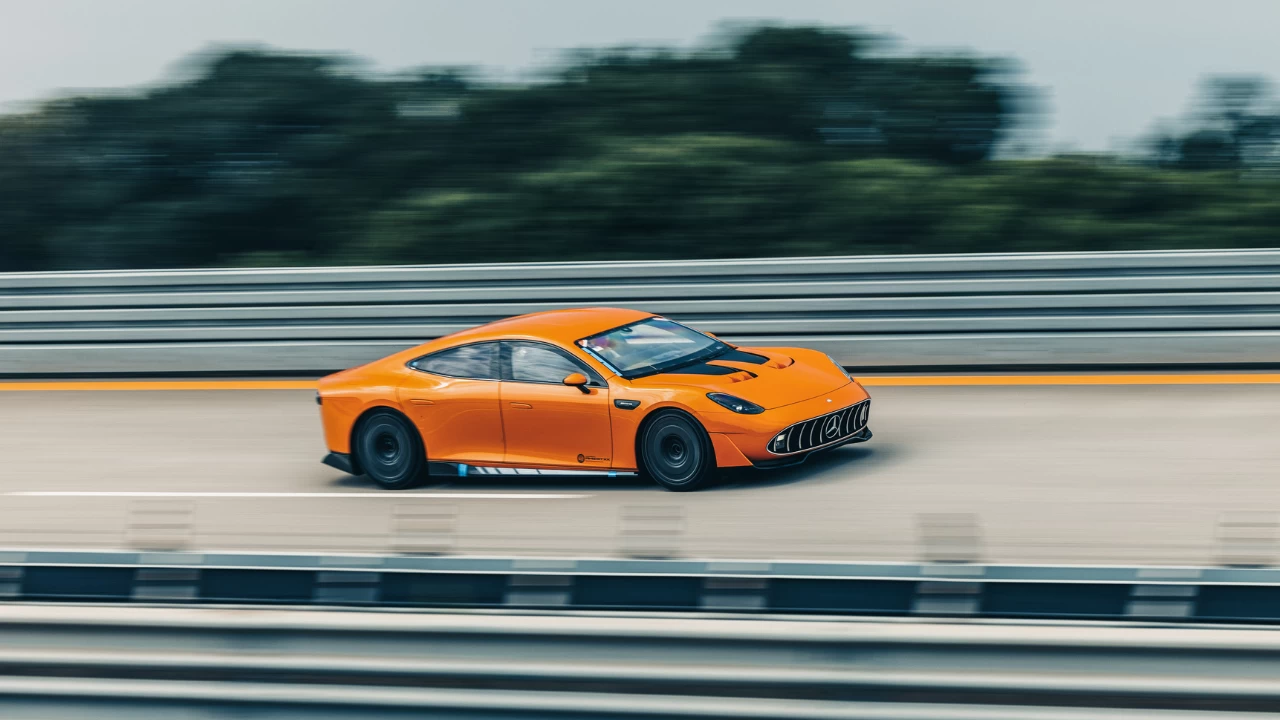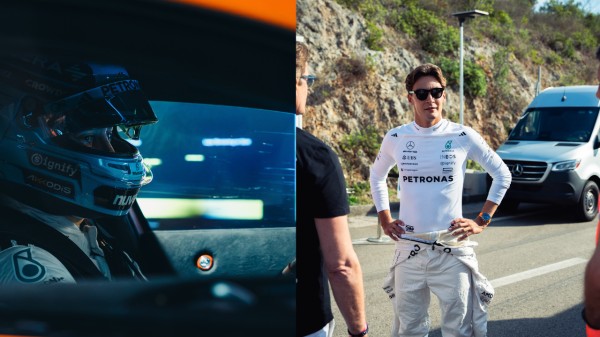

By signing in or creating an account, you agree with Associated Broadcasting Company's Terms & Conditions and Privacy Policy.


By signing in or creating an account, you agree with Associated Broadcasting Company's Terms & Conditions and Privacy Policy.

New Delhi: Mercedes-AMG had recently unveiled the GT XX concept and now has set a world record for an electric car to its name after it travelled 5,479 km in 24 hours at the Nardo test track in Italy. AMG GT XX, the first EV prototype from Mercedes’ storied performance division, has gone past Xpeng P7, which did 3,961 km, Xiaomi YU7 Max’s 3,945 km and even the Mercedes CLA, which had managed 3,718 km. In fact, the AMG EV set many more records on the track.
The 24-hour achievement, which has been verified by Mercedes independently, is part of an eight-day testing campaign at the 12.5 km Nando ring. The GT XX broke other records, which include endurance marks for 48 hours (10,860 km) and 120 hours (26,808 km), along with new distance benchmarks for 2,000 km (8.4 hours), 20,000 km (88.41 hours) and 40,000 km (181.02 hours).
The biggest one was when the car piled up 40,075 km, the circumference of Earth, non-stop on the high speed oval in nearly eight days (181.24). Mercedes rightly called the challenge “Around the world in eight days” as a tribute to the Jules Verne book “Around the World in 80 Days”.

To achieve the feat, two GT XX concepts and a team of 17 professional drivers from AMG’s GT3 motorsport programme, which included Mercedes AMG F1 driver George Russell, set the titles. Breaks were made only for rapid charges at around 850 kW.
The GT XX concept previews the first series-production electric vehicle from the brand. It comprises three compact, lightweight axial flux motors, two at the back and one at the front, together making 1,360 bhp, all-wheel drive and a top speed of 360 kph. These motors are usually found in the hybrid supercars like the Ferrari SF90 Stradale and Lamborghini Temerario, and this is their first use in an all-electric vehicle.
The 114 kWh NMC battery has taken notes from the AMG One hypercar and F1 tech, making use of slim cylindrical cells with aluminium casings for better cooling and faster energy discharge. Direct cooling helps in both sustaining peak power and also allows for ultra-fast charging for the 800V battery, going for 400 km of range in five minutes at up to 850 kW.








